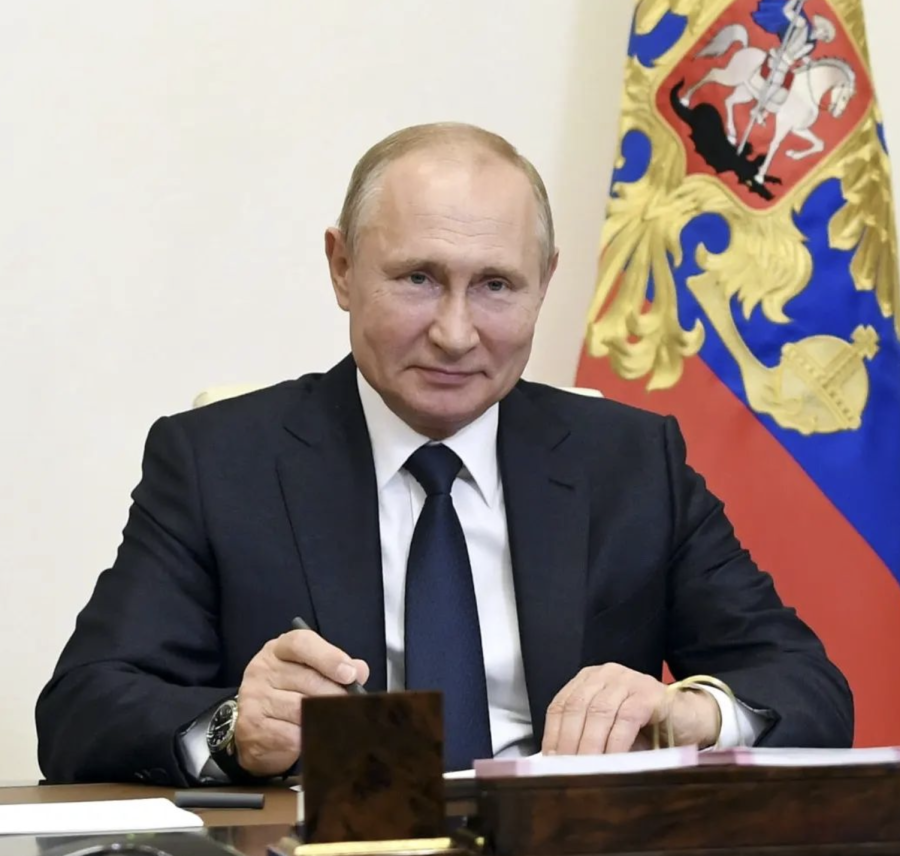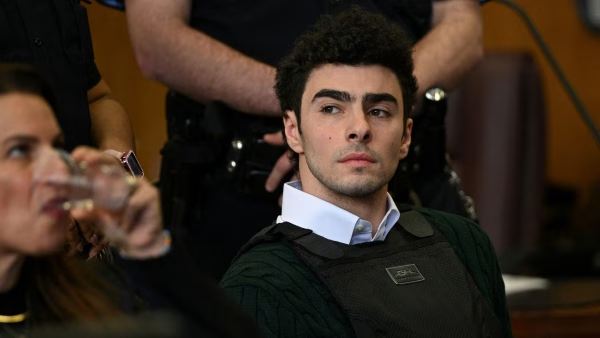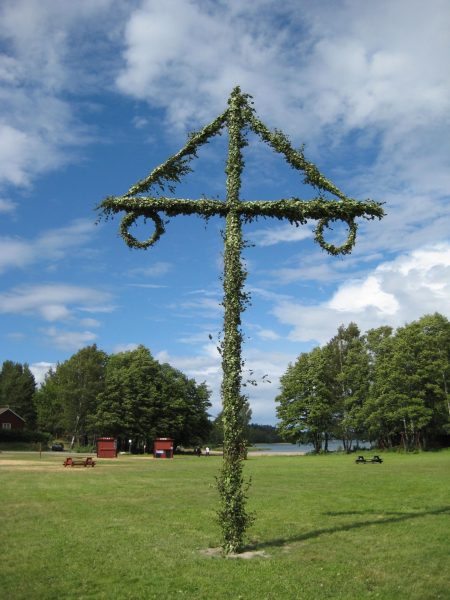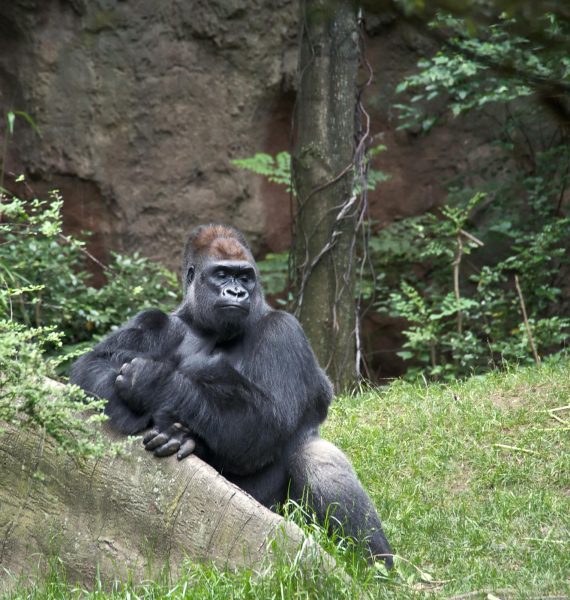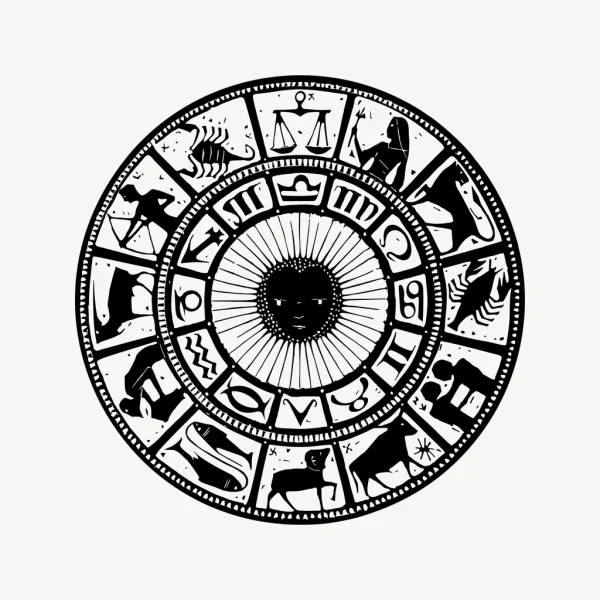ICC issues arrest warrant for Putin over war crimes
March 25, 2023
The Pre-Trial Chamber II of the International Criminal Court (ICC) held an official investigation and issued an arrest warrant for Vladimir Putin on March 17. Putin has been accused of committing war crimes related to the unlawful deportation and transfer of children from occupied areas of Ukraine. This accusation is affiliated with the kidnapping of thousands of children who’ve been taken to Russia for “re-adoption” and to be “re-educated.”
The ICC is a judicial body that prosecutes individuals for war crimes, crimes against humanity and genocide. The ICC can issue arrest warrants for individuals regardless of their position or status. They do not have jurisdiction over all countries, and the issue of an arrest warrant does not mean that the suspect will be apprehended and brought to trial. Not all countries are obliged to follow through with the arrest.
The Guardian stated that “16,226 children have been deported to Russia, of whom 10,513 have been located, and 308 have returned.” Russian officials and military forces have taken children directly from their parents as punishment, sometimes killing the parents. In some instances, the children are put through “filtration camps,” which prepare them for the re-adoption process that Russia is enforcing.
Putin is widely regarded as having played a key role in reshaping Russia’s foreign policy and military strategy, especially in relation to the ongoing war in Ukraine and the Syrian civil war. Some experts claim that Putin’s ultimate goal is to destabilize Ukraine and maintain influence over the country.
According to Politico, “Putin has declared that he will ‘demilitarize’ and ‘denazify’ Ukraine. That would seem to mean that at a minimum he wants to destroy Ukraine’s military infrastructure and replace its government with a puppet regime.”
Putin has also been accused of suppressing political opposition, reducing media freedoms and limiting civil liberties. While there is significant debate regarding if Putin can be considered an authoritarian leader, his leadership has been characterized by a concentration of power in his own hands.
Russia’s foreign ministry responded to the arrest warrant. “The decisions of the International Criminal Court have no meaning for our country, especially from a legal POV. Russia is not a party to the Rome Statute of the International Criminal Court and bears no obligations under it,” as reported by CBS News. Russia does not recognize the authority of the ICC or consider itself bound by its decisions due to its disengagement with the Rome Statute.
The Rome Statute is the treaty that established the International Criminal Court, outlining the jurisdiction, functions and structure of the ICC. Additionally, it sets out the terms and classifications of international crimes.
The ongoing war between Russia and Ukraine continues, leaving behind trails of destruction, unrest and humanitarian crises. It has been over a year since Russian troops first invaded Ukraine and proceeded to target civilians.

